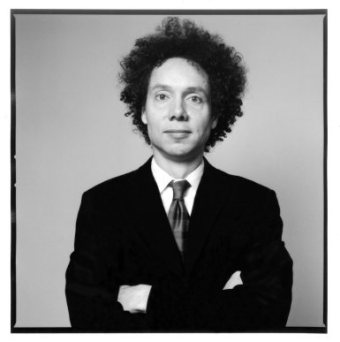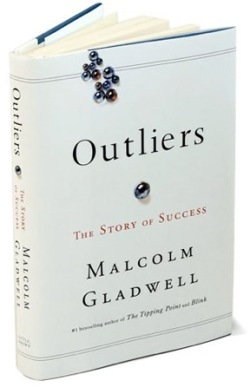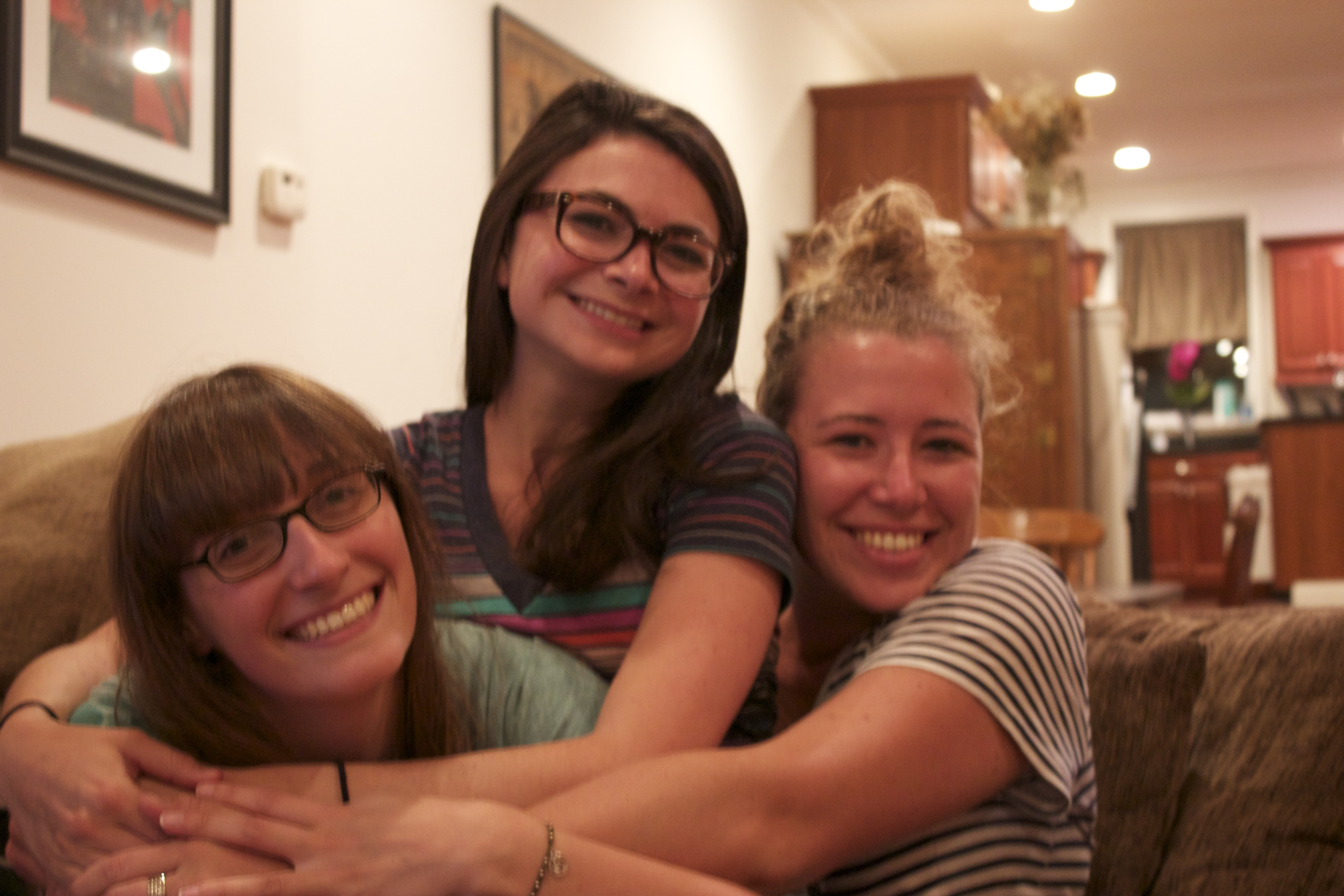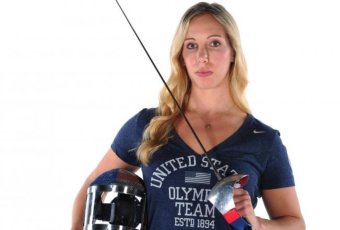Becoming A Rockstar Doctor: Part 1
 Why Malcolm Gladwell Should Be Required Reading For Medical School
Why Malcolm Gladwell Should Be Required Reading For Medical School
The tidal wave of information thrown at you during medical school can be a challenge to manage and the idea of adding more books to the list may make you want to vomit. But before you do, take a moment to hear me out.
Besides having a ton of respect for his feral afro, I believe that Malcolm Gladwell is one of the best authors for taking abstract, ill-defined phenomena and clarifying it with surgical precision. His work is some of the most researched writing you will see outside of a PubMed search and that resonates well with evidence based minds.
Throughout our medical training we are taught to question and continually seek to uncover the truth. Gladwell takes that same approach to the subject of success, human decision making, and epidemics with the books Outliers, Blink, and The Tipping Point. I can strongly recommend getting a copy of these books. His insights will give you the tools you need to stand out from the crowd, and make you re- evaluate the way you see your own medical training.
I know you may be busy, even bordering on overwhelmed, right now so I have distilled some of the vital principles into a nice little summary; until you have a chance to take a breath and get the full experience.
Outliers: The Story of Success
At the outset, most would-be doctors become obsessed with outliers, in many ways we all need to be outliers to continue in our career and as we progress this becomes increasingly difficult to achieve.
 Opportunity for Quality Learning:
Opportunity for Quality Learning:
If you where to play hockey in Canada the month of your birth is a major factor that contributes to your success. Outliers explains that the boys who have the earliest birthdays are older at each level of junior hockey. This makes them a little stronger and faster than there peers. Which means they get chosen for the best teams, they get the best coaching, and have the most opportunities for high quality practice.
The point here is not to find out what month is the best month for Rockstar Physicians to be born. It’s the idea that the players selected early are given the best opportunities for learning, practice, and competition. The question then becomes how can I put myself in the path of those types of opportunities in my career.
Understanding the importance of quality learning means that to become an outlier we must be proactive in our medical education.
I do not consider my self an especially impressive outlier but here are three ways I have learned from people who stand out in school and life.
Clarify Your Purpose
What kind of legacy do you want to leave as a doctor, as a person? What do you care about? What would you work on if you had 20 million dollars in a trust fund? These are good questions to help clarify your purpose. The answer, "I just want to be a doctor and help people" is too vague. The more clear you are the better.
It’s important to remember that asking these questions is an important first step. You may not have all the answers right away and the answers may change over time, but the process is important. As you become more clear on your purpose you can increase your focus and place effort into areas of you life that will give you the highest yield.
Seek A Mentor
Good coaching is vital to success. Once you know where you are going it’s much easier to evaluate the type of people who can help you along your way. Asking for advice and help can be difficult, especially in the world of medicine. Many times people hesitate because they think “that doctor is super busy and will never get back to me or will think I am unworthy of their time.”
Yes, both of these things may happen but don’t sweat it, just move on to someone else. However you may be surprised at who will be willing to help you along the way.
Commit To One Small Action Everyday
The road to becoming a doctor is long and it’s easy to feel like you are stuck unable to do anything about some big goal you have in your life because you have no time, no money, and should spend every waking moment trying to care about oxidative deamination in the urea cycle or the blood supply above and below the pectinate line.
Even in the face of all these constrains, commit to one small daily action the brings you closer to that goal. Do you want to start a business, do a super sweet fellowship, or run a marathon? Don’t wait, begin working on that goal in a small way today.
Focused Practice
One of the most striking themes in Outliers is the emphasis on practice. Gladwell shows us why the 10,000 hour rule is important to remember for any would-be outlier. The idea is simple, it takes roughly 10,000 hours, or about 10 years, of focused (the more focused the better) practice to become great at something. He uses examples like Bill Gates, the Beatles, Mozart, and chess grandmasters to make his argument for this 10,000 hour rule.
What does this mean for training physicians and surgeons?
If you do some quick math and estimate the typical resident works 300 days per year (accounting for days off and vacation time). That is about 43 weeks per year and, at 80 hours per week, this means they would reach the 10,000 hour mark in almost exactly 3 years. It’s interesting that this correlates well with the amount of time spent in most of the non-surgical specialties.
But why do the surgeons need five, six, or, in some cases, 8 years? The the answer is focused practice. Gladwell calls it 10,000 hours of “hard practice.” For a surgical resident to reach 10,000 hours of hands-on operating experience it takes much longer. In many institutions the surgical intern and even junior resident spends much of their time outside the operating room and even when the do get to gown up for the OR they often have limited time where they are running the show.
Of course there are good reasons for this, patient safety foremost among them, however this does not mean that we cannot learn from the 10,000 hour rule. Remember just being busy at the hospital does not automatically mean you are becoming a better physician or surgeon. It is important to look for ways to find focused practice and wring the most out of each patient encounter.
This may also mean we need to re-evaluate how we train residents to increase the amount of focused practice they get during training. With arguments surrounding resident work hours, length of training, and the need for increased specialization constantly on the rise, a new look at how residents can reach the 10,000 hour mark as efficiently and safely as possible is important.
Here we have fascinating proof of Thomas Edison’s famous quote:
Genius is one percent inspiration and ninety-nine percent perspiration.
Genius Is Not Everything
Entering the world of medicine means you are stepping into a community filled with brilliant people. We can all think of those people in medical school who had seemly infinite mental horsepower. In some ways we are all in awe of this, we admire it and are, at the same time, a little jealous. But is this the right way to think?
According to Outliers, no.
The book makes a compelling case that genius cannot be soul predictors of success.
Exhibit A: Christopher Langen
Reported to have an IQ of somewhere between 195 and 210 and dubbed by many as the smartest person in America. He is a self taught expert in mathematics, physics, philosophy, Latin and Greek. He got a perfect score on the SAT, even though he took a nap during the test. But he has spent much of his life working as cowboy, construction worker, and a bouncer and has failed to reach his full potential due to his poor social skills and lack of emotional intelligence. (More on this guy at wikipedia)
But Gladwell goes on further, stating that a person's emotional intelligence and likability are often overlooked as measures that many outliers possess.
This idea is especially important to future doctors because our current training system does not reward people with emotional intelligence or likability, only mental prowess. However as attending physicians we are expected to be leaders, managers, and work as part of a team. We have all seen many examples of intelligent doctors who cannot function well as physicians for that reason.
A recent study done by Dr. Andrew Klein a transplant surgeon at Cedars-Sinai Medical Center, Los Angeles, CA. Shows that surgeons who are rude to the operating room staff actually have worse outcomes.
Dr. Klein commented that, "in an increasingly rude society where it is rare for a stranger to give up a bus seat to a senior citizen and expletives have become all-too common in daily conversation, the lack of civility has degraded all aspects of life, even the surgical suite...Operating rooms are social environments where everyone must work together for the patients' benefit. When a surgeon, who is in the position of power, is rude and belittlies the rest of the staff, it affects everything."


 2 Comments
2 Comments






"I wouldn't do it twice, but I would not 'not' do it once."
- ZDoggMD